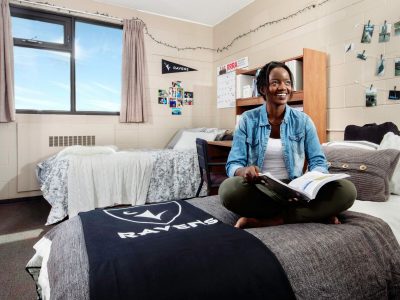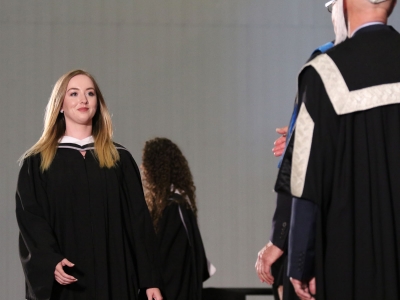By Ellen Tsaprailis
Fifteen years ago, Carleton History Prof. Daniel McNeil learned some valuable lessons about Black History Month from his students in the United Kingdom.
“When I was a lecturer in Black and Minority Studies at the University of Hull and a research fellow at the Wilberforce Institute for the Study of Slavery and Emancipation, I co-designed events and activities in museums and art galleries that asked students in secondary and post-secondary institutions what Black History Month meant to them,” explains McNeil.
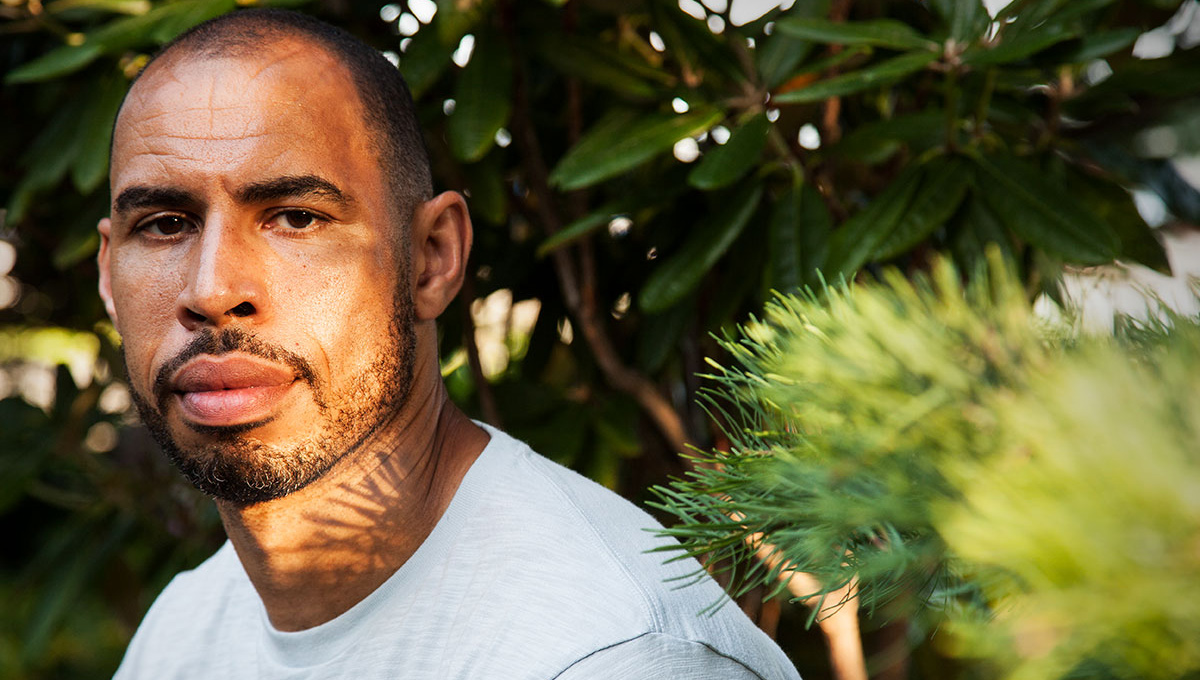
Prof. Daniel McNeil
“The stimulating essays, poems and artwork we received in response to this question continue to inform my understanding of Black History Month.
“I view it as one venue, amongst many others, to contest the suppression and erasure of historical consciousness, draw connections between social and political movements for Black liberation across the globe, and participate in ongoing struggles to imagine and build anti-racist futures.
“We do not have to be resigned to the world as it is.”
In addition to his teaching and research in the United Kingdom, McNeil has held prestigious appointments as the Ida B. Wells-Barnett Visiting Professor at DePaul University in Chicago, a visiting professor at York University and the Harriet Tubman Institute for Research on Africa and its Diasporas, and was the inaugural Public Humanities Faculty Fellow at the University of Toronto.
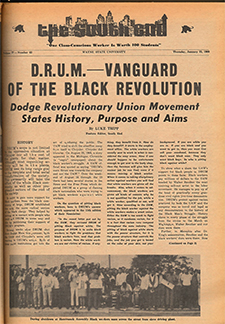
Front page, The South End newspaper, January 23, 1969. Headline: “DRUM-Vanguard of the Black Revolution.”
At Carleton since 2014, McNeil specializes in Migration and Diaspora Studies. Last semester, he taught an undergraduate course in Black Popular Culture and a graduate course on African and Black Diaspora Studies.
“In Black Popular Culture, students critically and creatively engage with the course material by developing vlogs, hosting podcasts and interviewing artists, athletes and activists,” says McNeil.
“In African and Black Diaspora Studies, we cover topics such as the marketing and reading of slave narratives; anti-lynching crusades and the visual archive of mob violence; contested memories of the transatlantic slave trade and imperialism; the relationship between anti-colonialism, surrealism and existentialism; Black Consciousness Movements and Afrofuturism; current struggles against mass incarceration and police brutality; and politically-infused acts of pleasure.”
McNeil is currently working on research projects that empower youth, students and Canadian citizens more broadly to develop historically informed and forward-looking approaches to multicultural arts, anti-racist education and community-building practices.
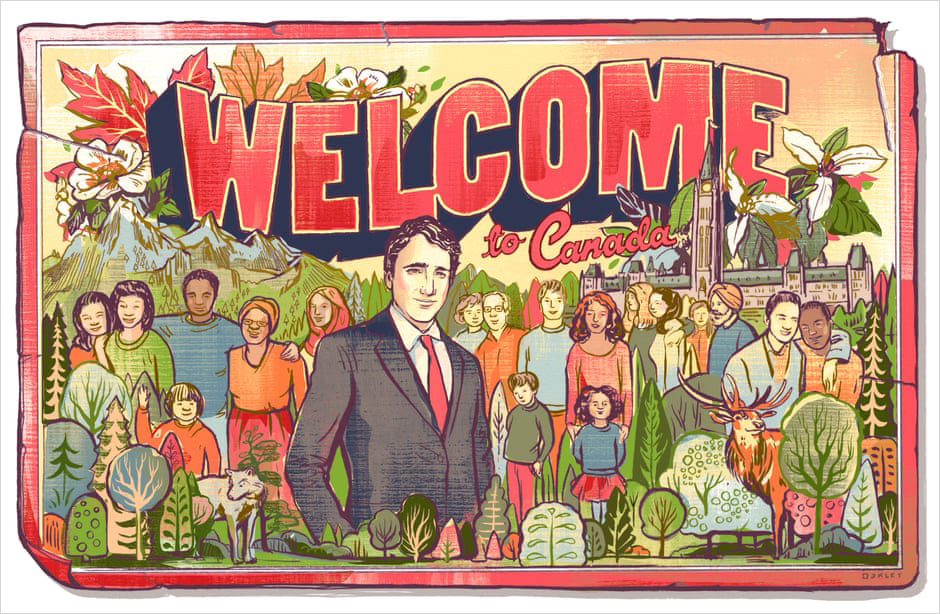
Welcome to Canada, Illustration by Jacqui Oakley.
One of these projects is a shared online initiative between Carleton and the University of Ottawa to develop open educational resources on structural inequalities as they relate to mobility and immigration, learning and education, racism and racialization, social justice, and resistance and mobilization.
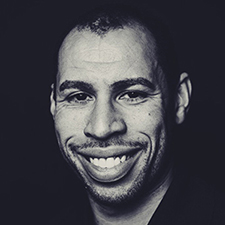 These open educational resources will include modules such as: An Immigrant’s Guide to Canada, Mapping the African Diaspora in Canada, and Black Atlantic Arts, Activism and Aesthetics. The last builds on McNeil’s recent contribution to an edited volume on African American Arts: Activism, Aesthetics, and Futurity, and will feature an interactive timeline of social, political, cultural and economic events in the transatlantic world since 1946.
These open educational resources will include modules such as: An Immigrant’s Guide to Canada, Mapping the African Diaspora in Canada, and Black Atlantic Arts, Activism and Aesthetics. The last builds on McNeil’s recent contribution to an edited volume on African American Arts: Activism, Aesthetics, and Futurity, and will feature an interactive timeline of social, political, cultural and economic events in the transatlantic world since 1946.
McNeil has recently completed an essay called Wrestling with Multicultural Snake Oil: A Newcomer’s Introduction to Black Canada, which will be featured in Unsettling the Great White North: Black Canadian History—a compilation of some of the latest and best scholarship in African Canadian, Canadian, and African Diasporic histories—that will be published by the University of Toronto Press.
He is also developing articles and interviews on media, multiculturalism and Black radicalism for journals of communication and cultural studies, and completing a book about Black intellectuals in the post-civil rights era. Telling the story of an oft-overlooked political and cultural generation that came of age in the late 1960s and early 1970s, McNeil’s forthcoming book will map forms of self-fashioning and collective liberation developed by soul rebels inspired by a civil rights movement and a ‘70s protest ethic.
“It will shed new light on much-maligned and misunderstood cultural critics whose lives and circumstances over the past 50 years are prisms of structures of feeling and relation in the transatlantic world,” says McNeil.
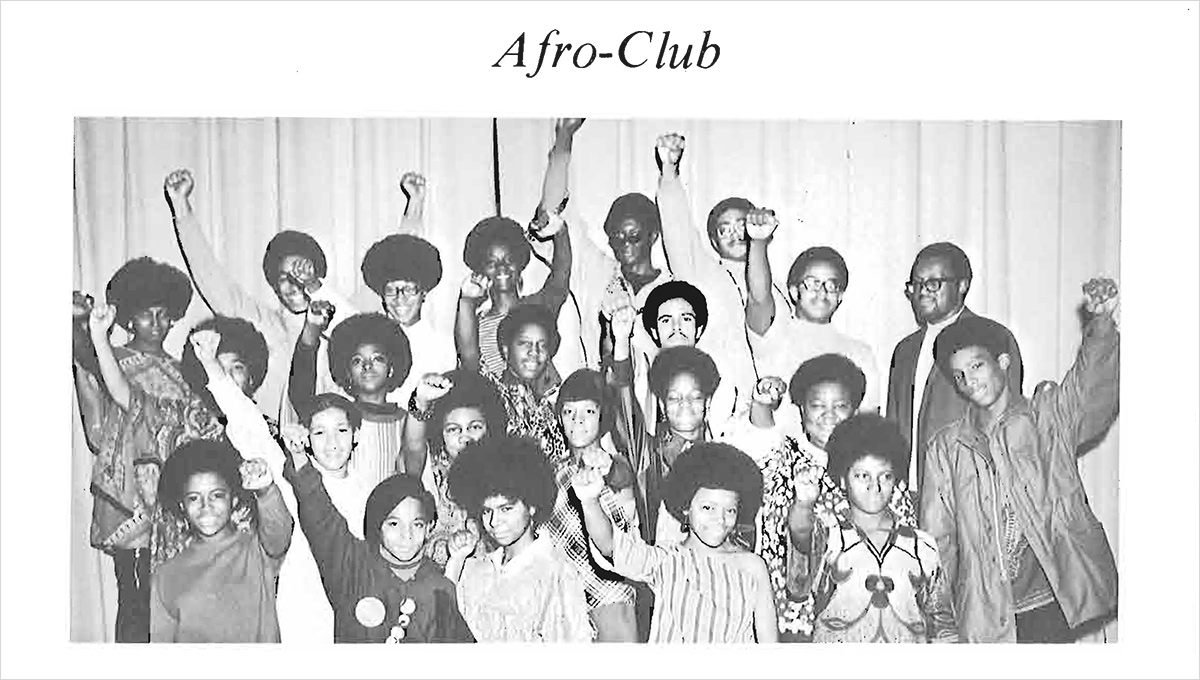
Afro-Club, Detroit Central High School Yearbook, 1970.
During Black History Month, Carleton University is celebrating the many achievements and contributions of our Black community members. Visit our Black History Month page through the month of February to read new stories about our staff, faculty, students and alumni.
Wednesday, February 24, 2021 in African Studies, Research
Share: Twitter, Facebook

